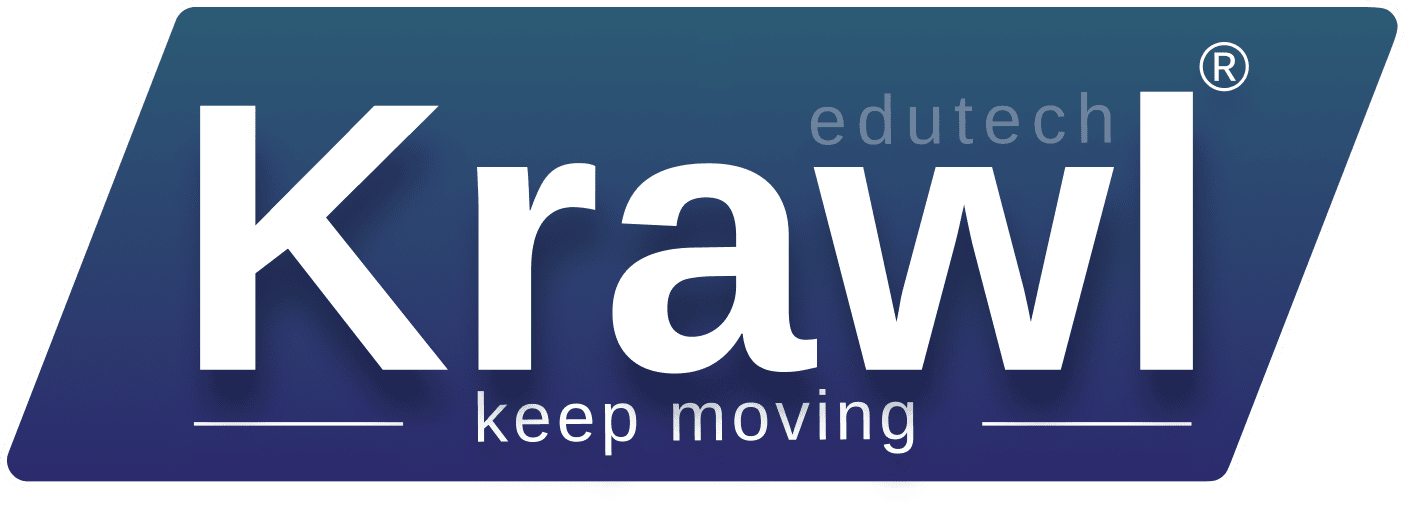The CFA Program
The Chartered Financial Analyst (CFA®) Program is designed to equip candidates with the knowledge and skills necessary to compete and excel in today’s complex and evolving investment industry. It is a self-study, three-level exam that tests the fundamentals of investment tools, company valuation, portfolio management, and wealth planning. Whether an individual is an aspiring or practicing investment professional, the CFA Program offers a way to move forward and achieve professional goals. The curriculum is developed by CFA Institute, one of the world’s leading associations of investment professionals. By enlisting the investment industry’s brightest minds to continually improve the CFA Program, CFA Institute ensures that the curriculum is always relevant and provides real- world skills in investment analysis.
What is a CFA Charter?

A Chartered Financial Analyst (CFA®) charter is a designation given to those who have completed the CFA® Program and completed acceptable work experience requirements. The CFA Program is a three-part exam that tests the fundamentals of investment tools, valuing assets, portfolio management, and wealth planning. The CFA Program is typically completed by those with backgrounds in finance, accounting, economics, or business. CFA charterholders earn the right to use the CFA designation after program completion, application, and acceptance by CFA Institute. CFA charterholders are qualified to work in senior and executive positions in investment management, risk management, asset management, and many more related positions such as institutional sales, private equity and private wealth management.
Benefits of being a CFA Charterholder
Why the CFA Level 1 Pass Rate Remains Low
Despite growing global interest in the CFA® Program, only 35%–45% of candidates typically clear Level 1.
The low pass rate at CFA Level 1—typically between 35% and 45%—is not a reflection of a candidate’s intelligence, but rather of structural challenges in the learning approach. Most students come from a background of structured, classroom-based learning, where concepts are taught sequentially and doubts are clarified in real time. Suddenly transitioning to a self-paced, self-managed learning model, without guidance or accountability, can lead to inconsistency, knowledge gaps, and lack of direction. This shift often becomes the biggest hurdle—not the complexity of the syllabus, but the absence of a system to master it.
CFA MasterTrack by Krawl Edutech solves this problem. We combine expert-led live sessions, strategic planning, and personalized support—restoring the structure, clarity, and discipline required to succeed.
We don’t just teach the curriculum — we train you to think, apply, and pass like a professional.
CFA Level 1 Exam Prep by CFA MasterTrack

CFA MasterTrack by Krawl Edutech is a purpose-built program designed for success in one attempt. Therefore it brings:
- One fee until you pass - Full commitment to your outcome.
- 100% Concept Coverage – No shortcuts, no topic left behind.
- Conceptual + Industry Application – Learn how concepts translate into real-world investment analysis, valuation, and decision-making.
- Expert Mentorship + Live Classes – Structured guidance from experienced CFA professionals.
- Strategy-Driven Learning – Weekly plans, mock tests, and performance tracking to keep you on course.
Ultimate Path to CFA Level 1 Success
Read below to understand why CFA MasterTrack from Krawl Edutech ensures passing CFA Level 1 in a single attempt ?
Pass CFA Level 1 in one attempt
What you will learn
Watch why CFA MasterTrack
Q&A: before you join CFA

CFA Institute has extended CFA Program candidate eligibility by one year to include university students with two years remaining in their undergraduate studies. This policy change provides students opportunity to prepare for investment careers, while also addressing industry demand for well- trained, ethical professionals. The expansion of the eligibility policy provides students with the opportunity to use Level I of the CFA Program as a clear signal to employers that they are serious about a career in the investment industry. Completion of the CFA Level I exam supplies both interns and early career entrants with the foundational knowledge they need for success.
Benefits of starting CFA journey early
Provides a powerful alternative to MBA
While a traditional MBA program offers a broad business curriculum, the CFA Program curriculum specifically focuses on investment analysis and portfolio management. Completion of the program provides a deep knowledge of investment principles and ethics, graduate-level expertise and a respected certification as a Chartered Financial Analyst (CFA).
Utilize your time in university
Many universities have partnerships with CFA Institute that can help prepare you for the CFA Program. Even if your school or program doesn't directly teach the CFA Program curriculum, your CFA Program study time will be enhanced by your business and finance courses.
Take advantage of your head start
You are already used to studying, and if you are in a finance-related degree, you are well prepared to tackle the more advanced, higher education curriculum of the CFA Program.
What industry say about CFA
"If you hire investment professionals with a CFA [designation], you absolutely have confidence at the level of qualification. You can hire people with an MBA, but you don’t necessarily know that one MBA is the same as another MBA."
Jenny JohnsonFranklin Templeton COO/President
Provides a powerful alternative to MBA
While a traditional MBA program offers a broad business curriculum, the CFA Program curriculum specifically focuses on investment analysis and portfolio management. Completion of the program provides a deep knowledge of investment principles and ethics, graduate-level expertise and a respected certification as a Chartered Financial Analyst (CFA).
Global recognition
The CFA charter is globally recognized as the gold standard in the investment management profession, giving you a passport to work in any financial market you choose.
